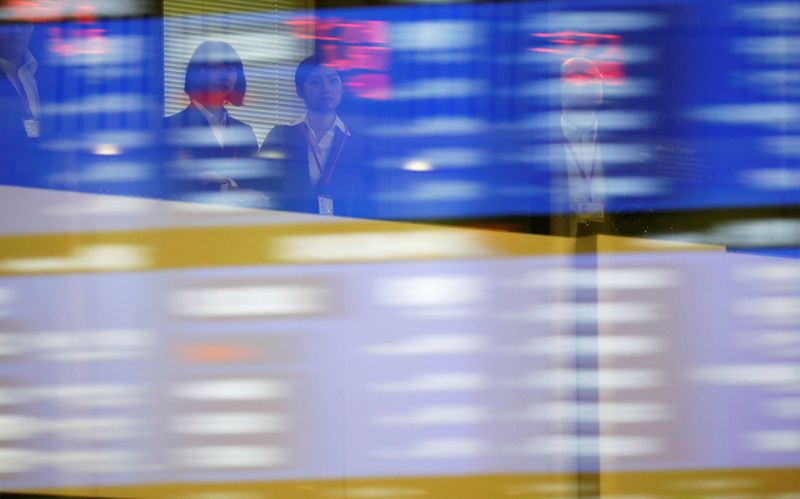This post was originally published on this site
https://i-invdn-com.akamaized.net/trkd-images/LYNXMPEFBN0KJ_L.jpg
By Hideyuki Sano
TOKYO (Reuters) – A proposed overhaul of the Tokyo Stock Exchange could set a minimum market capitalization requirement of 10 billion yen ($91 million) in free-floating stock for the bourse’s “prime market”, according to a draft proposal released on Tuesday.
Liquidity and governance, not just market capitalization, should be important for listing on the “prime market”, the proposal from a panel of the regulatory Financial Services Agency (FSA) showed.
The criteria is likely to disappoint investors, many of whom think the exchange should set much tougher conditions in terms of market capitalization and governance in order to limit its main board to strong firms.
“I thought they would aim for a criteria a one digit higher. It seems the plan was watered down a lot,” said Yasuo Sakuma, chief investment officer at Libra Investments.
The 10 billion yen criteria is effectively little different from the current criteria for the main board, which requires companies to be valued at least 25 billion yen, with at least 35% of shares freely traded, at time of listing.
The TSE’s first section currently lists 2,159 companies, including some perceived by investors as ‘zombie’ firms. Trading in many small cap shares is illiquid.
But many investors still hold them because they are listed on the main board and included in the Topix index (). Apart from the main board, the TSE currently has three smaller markets, the role of which — and the distinctions between them — have been blurred.
FSA officials said the reform has never been about restricting the number of companies on the main board and that its focus is to streamline the current complicated structure of the exchange.
The FSA panel proposed the TSE should divide the market into three classes — “prime market” for high quality shares, “standard market” for smaller firms and “growth market” for start-up and venture firms.
The panel also proposed the exchange should revise the way it calculates free-float shares. It currently excludes top 10 big shareholders from free-float shares.
An official from the Financial Services Agency said the details still need to be worked out, including how to count the shares held by the Bank of Japan through its ETF (Exchange Traded Funds) purchase.
The report will be discussed at a panel meeting on Wednesday, the FSA official also told reporters.
($1 = 109.37 yen)
Fusion Media or anyone involved with Fusion Media will not accept any liability for loss or damage as a result of reliance on the information including data, quotes, charts and buy/sell signals contained within this website. Please be fully informed regarding the risks and costs associated with trading the financial markets, it is one of the riskiest investment forms possible.


